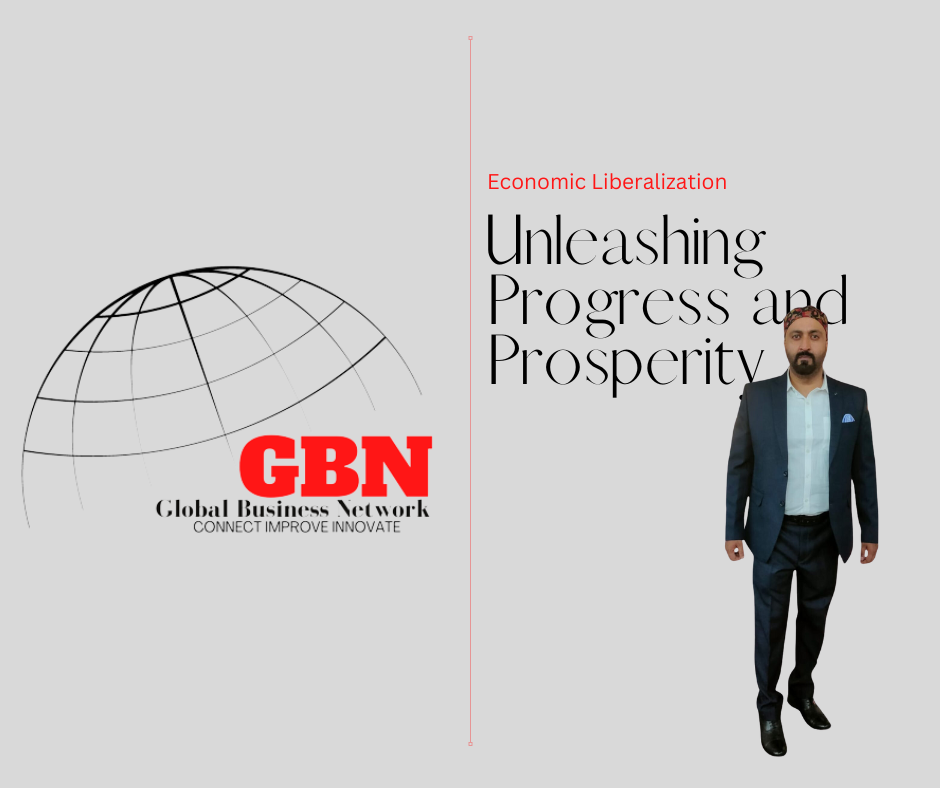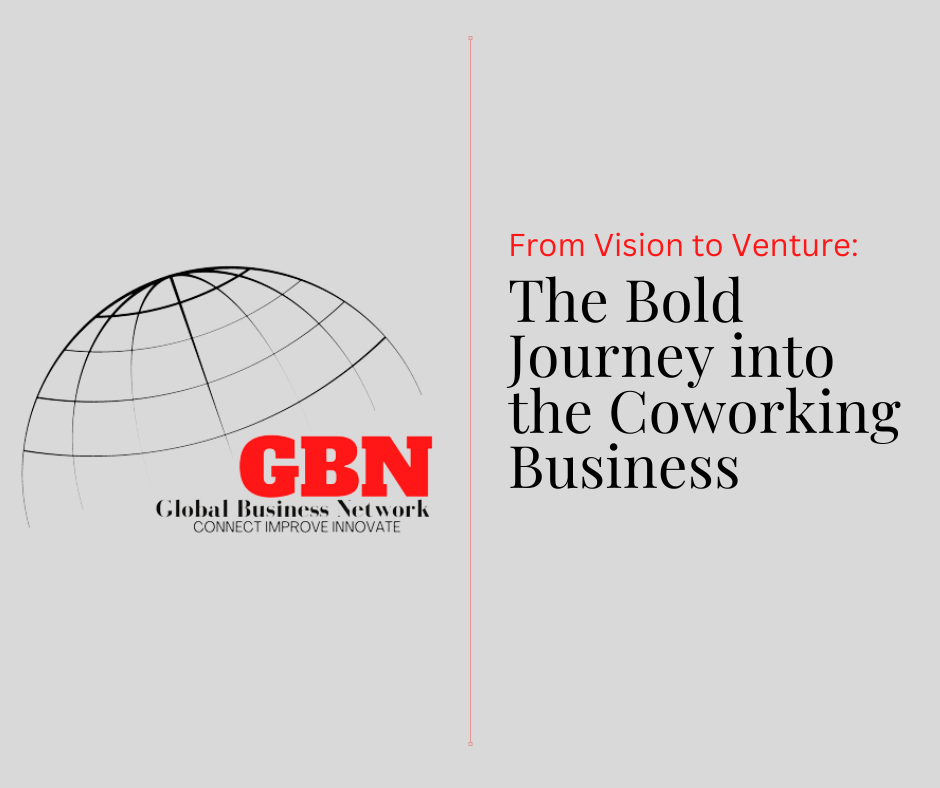
In the annals of economic history, the concept of liberalization has emerged as a transformative force, reshaping nations, fostering growth, and unlocking boundless opportunities. Economic liberalization, in essence, is a set of policies and reforms aimed at reducing government intervention and fostering a free-market economy. As the Founder of GBN-Global Business Network, Syed Basharat Hussain envisions a world where economic liberalization becomes the catalyst for progress and prosperity, transcending boundaries and elevating nations to new heights.
Understanding Economic Liberalization:
Economic liberalization involves a series of measures that seek to promote free trade, deregulation, privatization, and overall reduction in government control over economic activities. The philosophy behind liberalization is rooted in the belief that a more open and competitive market fosters innovation, efficiency, and economic dynamism. By dismantling barriers to entry, liberalization encourages entrepreneurship, attracts foreign investment, and allows resources to flow to their most productive uses.
Benefits of Economic Liberalization:
- Stimulating Economic Growth: One of the primary benefits of economic liberalization is its ability to spur economic growth. By reducing bureaucratic hurdles, streamlining regulations, and promoting competition, liberalization creates an environment conducive to innovation and efficiency. This, in turn, leads to increased productivity and overall economic expansion.
- Attracting Foreign Direct Investment (FDI): Economic liberalization makes a nation more attractive to foreign investors. With fewer restrictions and a business-friendly environment, countries that embrace liberalization often experience an influx of foreign capital. This not only enhances economic development but also facilitates the transfer of technology and managerial expertise.
- Job Creation and Poverty Alleviation: A dynamic and growing economy fueled by liberalization initiatives generates employment opportunities. As businesses thrive and expand, they require a skilled workforce, leading to increased job opportunities. This, in turn, contributes to poverty alleviation by providing individuals and families with stable incomes and improved living standards.
- Efficient Resource Allocation: Liberalization encourages the efficient allocation of resources by allowing market forces to determine prices and production levels. In a liberalized economy, resources are directed toward their most productive uses, enhancing overall economic efficiency. This results in a more resilient and adaptable economic system.
- Technological Advancement: The competitive environment fostered by economic liberalization encourages technological innovation. As businesses strive to stay ahead in the market, they invest in research and development, leading to advancements in technology. This, in turn, enhances a nation’s global competitiveness and contributes to long-term sustainability.
- Diversification of Industries: Liberalization often leads to the diversification of industries within a nation. By removing barriers to entry, new businesses can emerge, fostering a more diverse and resilient economy. This diversification reduces dependence on specific sectors, making the economy less susceptible to external shocks.
The Vision of Syed Basharat Hussain and GBN-Global Business Network:
As the Founder of GBN-Global Business Network, Syed Basharat Hussain envisions a world where economic liberalization becomes a driving force for global progress. His commitment lies in fostering connections, promoting collaboration, and facilitating the exchange of ideas and resources. GBN aims to be a catalyst for economic liberalization, bridging gaps between nations and creating a network that facilitates the free flow of trade and investment.
In conclusion, economic liberalization, as championed by visionaries like Syed Basharat Hussain, holds the promise of unleashing progress and prosperity on a global scale. By embracing the principles of free markets, reducing government intervention, and fostering a business-friendly environment, nations can pave the way for sustainable growth, job creation, and the betterment of the lives of their citizens. The journey towards economic liberalization is not just a policy shift; it is a transformative voyage towards a more interconnected, innovative, and prosperous world.





